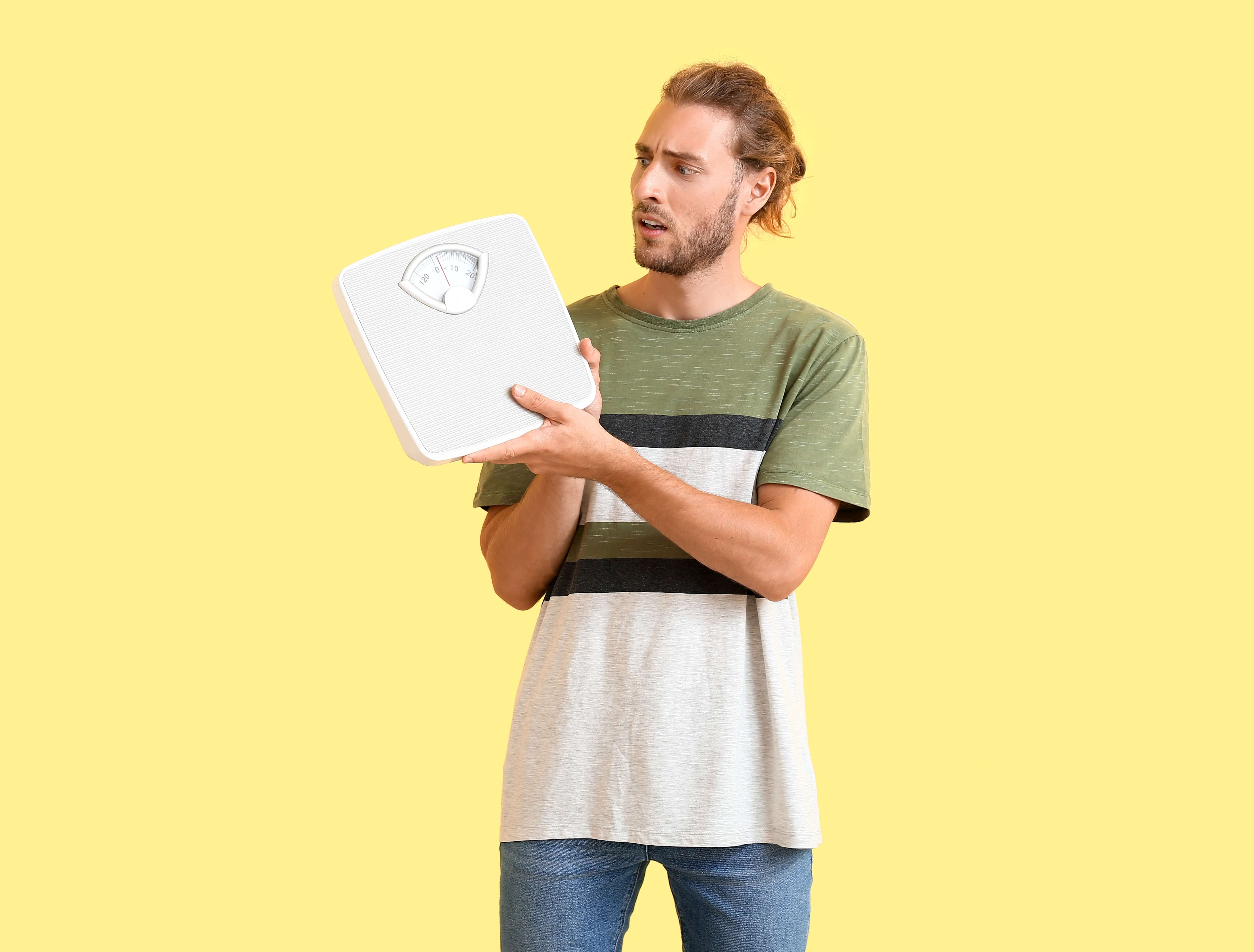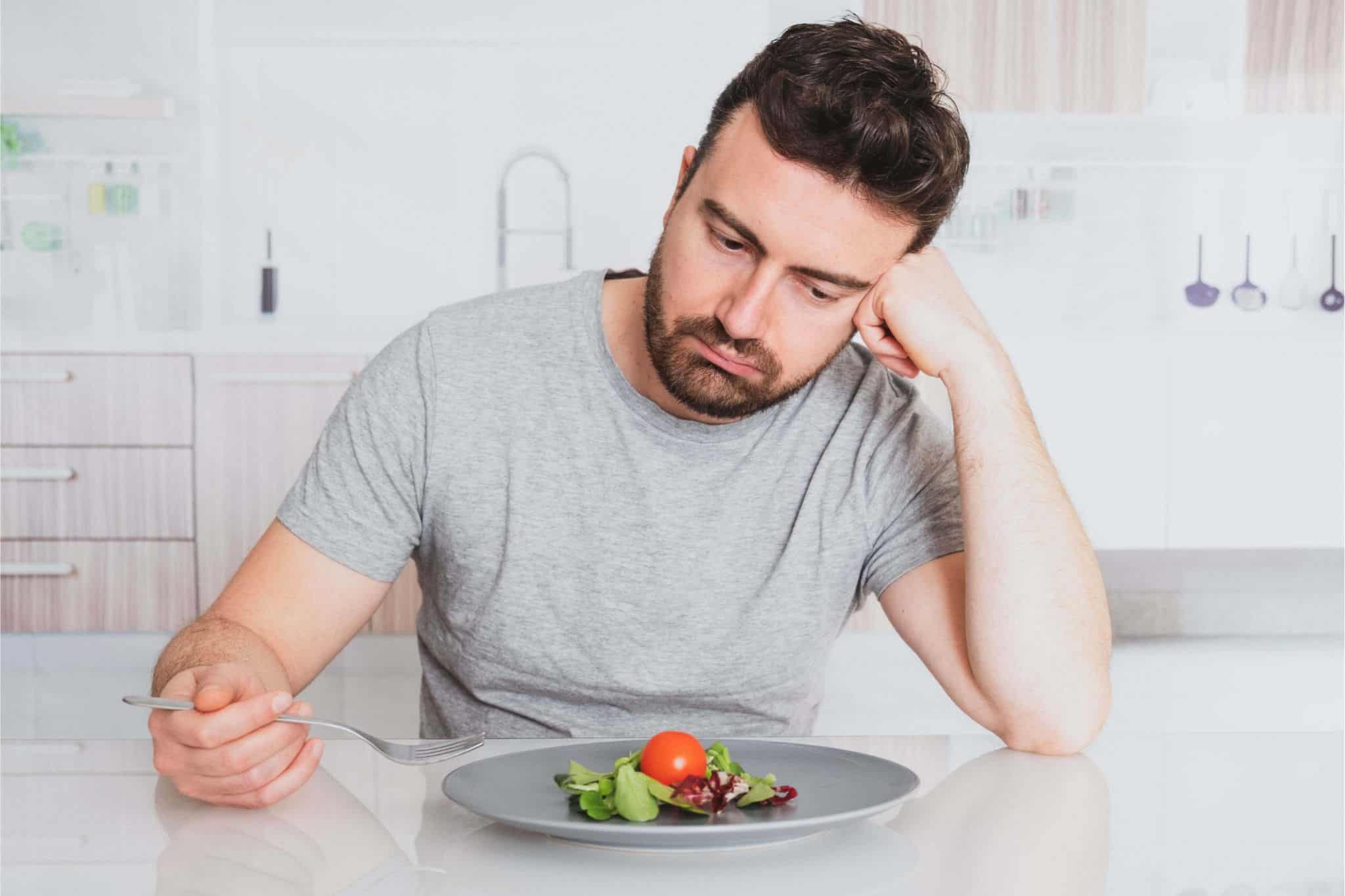Colorectal cancer is a disease where abnormal growths—referred to as polyps—form in the colon and rectum and turn into cancer.
The risk of getting colorectal cancer may increase as you grow old.
In addition, the following lifestyle choices may also increase your risk of developing the condition:
Using tobacco
Consuming alcohol
Limiting physical activity
Being overweight and obese
Maintaining a low-fibre and high-fat diet
Maintaining a diet low in vegetables and fruits
If you are at risk, regular screening may increase your chances of receiving medical care at the right time for a good prognosis.
Symptoms of colorectal cancer
Symptoms don’t always appear in the early stages of the disease, making regular screening important to identify polyps and cancer at the right stage.
That said, some patients may experience symptoms like:
- Blood in the stool
- Unexplained weight loss
- Change in bowel habits/movements
- Persistent abdominal pain, cramps, or aches
- Diarrhoea, constipation, or the feeling that your bowel doesn’t completely empty

If you are experiencing these symptoms, it’s advisable to speak to a physician.
While these symptoms may not always be indicative of colorectal cancer, a proper diagnosis can help you receive the right treatment.
Screening and diagnosing colorectal cancer
Finding signs of colorectal cancer at the early stages of the disease can increase your chances of getting the right treatment.
Doctors generally recommend certain screening tests to diagnose the disease.
Your physician may recommend the following diagnostic tests to make a diagnosis if the screening tests show that there are signs of colorectal cancer:
Colonoscopy
Your physician will insert a long, slender tube with a camera at the end through your recturn to get a clear picture of your colon and the rectum. Should your physician find any suspicious areas they can pass surgical tools through the tube and get samples for additional testing.
Blood tests
Your physician may test your blood for a chemical—carcinoembryonic antigen (CEA)—which is produced by colon cancer. Tracking this chemical over a period of time can help your doctor determine the state of your prognosis and whether the treatment is working.
Colorectal cancer treatment
Depending on the stage of cancer, your physician may recommend minimally invasive or surgical procedures to treat the condition.
Early-stage colon cancer treatment
Removing polyps during colonoscopy
If the cancer is at the early stages, localised, and small, your physician may perform a colonoscopy to remove the polyps.
Endoscopic mucosal resection
This procedure removes a small portion of the inner lining of your colon that’s affected by malignant growth.
Laparoscopic surgery
Your doctor may make small incisions in your abdomen to insert tools to manipulate and remove cancer tissues.
Advanced stage colon cancer treatment
Partial colectomy
Involves removing a part of your colon that’s affected by cancer. In certain scenarios, your physician may be able to reconnect the healthy portions of the colon.
Ostomy
In case the healthy portions can’t be reconnected, your physician may create an opening in the abdominal wall to connect an external bag to collect waste.
Managing the side effects of colorectal cancer treatment
Here are the five most common side effects of colorectal cancer treatment and how you can manage them:

Change in bowel habits
Consume smaller and more frequent meals and drink plenty of fluids to ease constipation. If you are experiencing diarrhoea, foods such as bananas and mashed potatoes could help you.

Nausea and vomiting
Start off with bland foods. Avoid alcohol and caffeine until these side effects are reduced.

Loss of appetite
Smaller, more frequent meals can help. Consuming bland foods could also help you tolerate food if you’ve lost your appetite.

Fatigue
Do not engage in physical activity or exert yourself too much. Allow your body to regain its strength, and take it slow during your recovery period.

Numbness or tingling
Tingling in the extremities or the inability to handle cold or hot temperatures is also known as peripheral neuropathy. Consuming foods that are at room temperature can help manage this.
Consult a gastrointestinal specialist
Dr Suhirdan Vivekanandarajah is a Sydney-based gastroenterologist and hepatologist.
A Sydney-based gastroenterologist and hepatologist, Dr Suhirdan Vivekanandarajah specialises in providing high-quality medical care to his patients for improved digestive health.
Find out how you can improve your digestive health by scheduling a consultation today.
